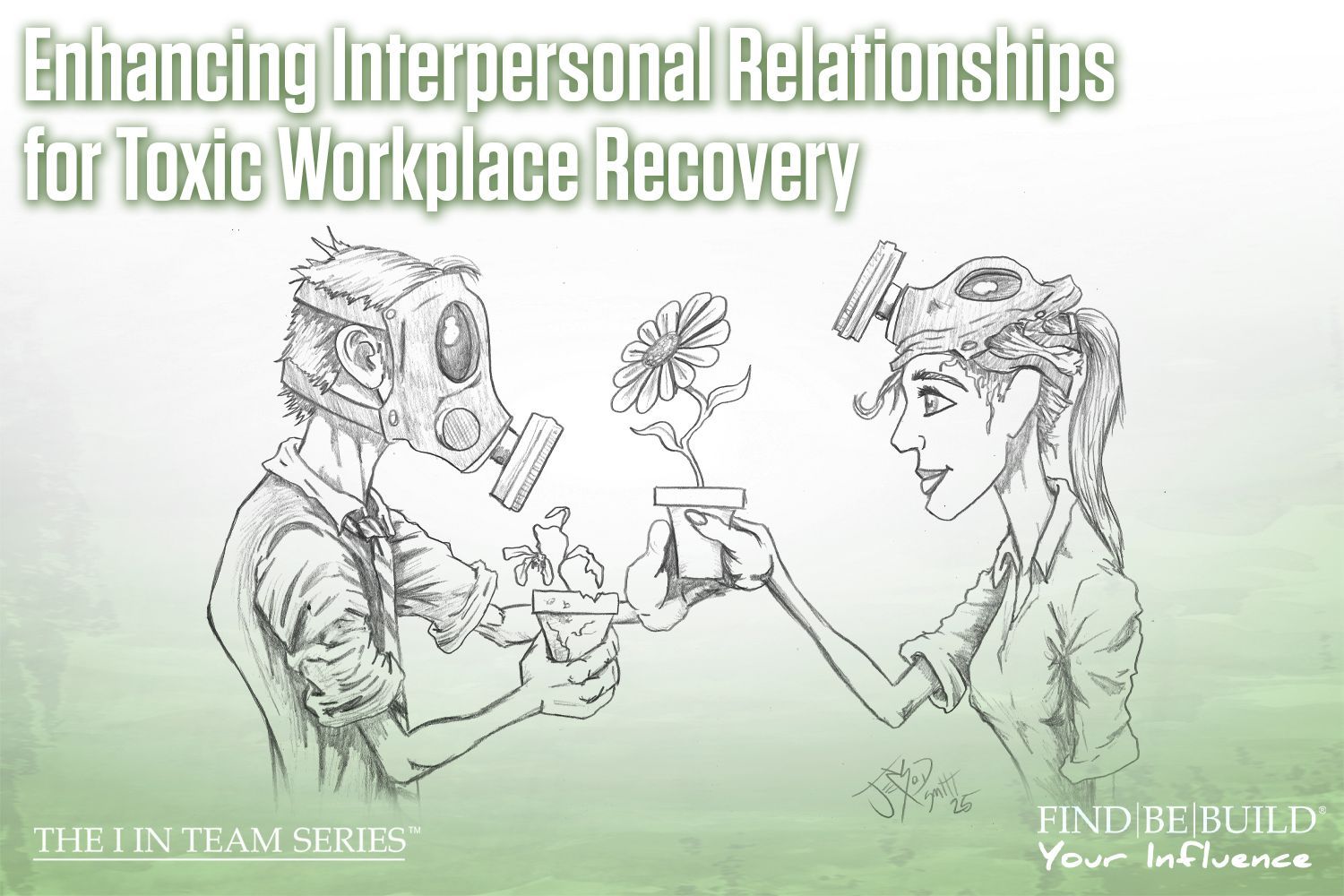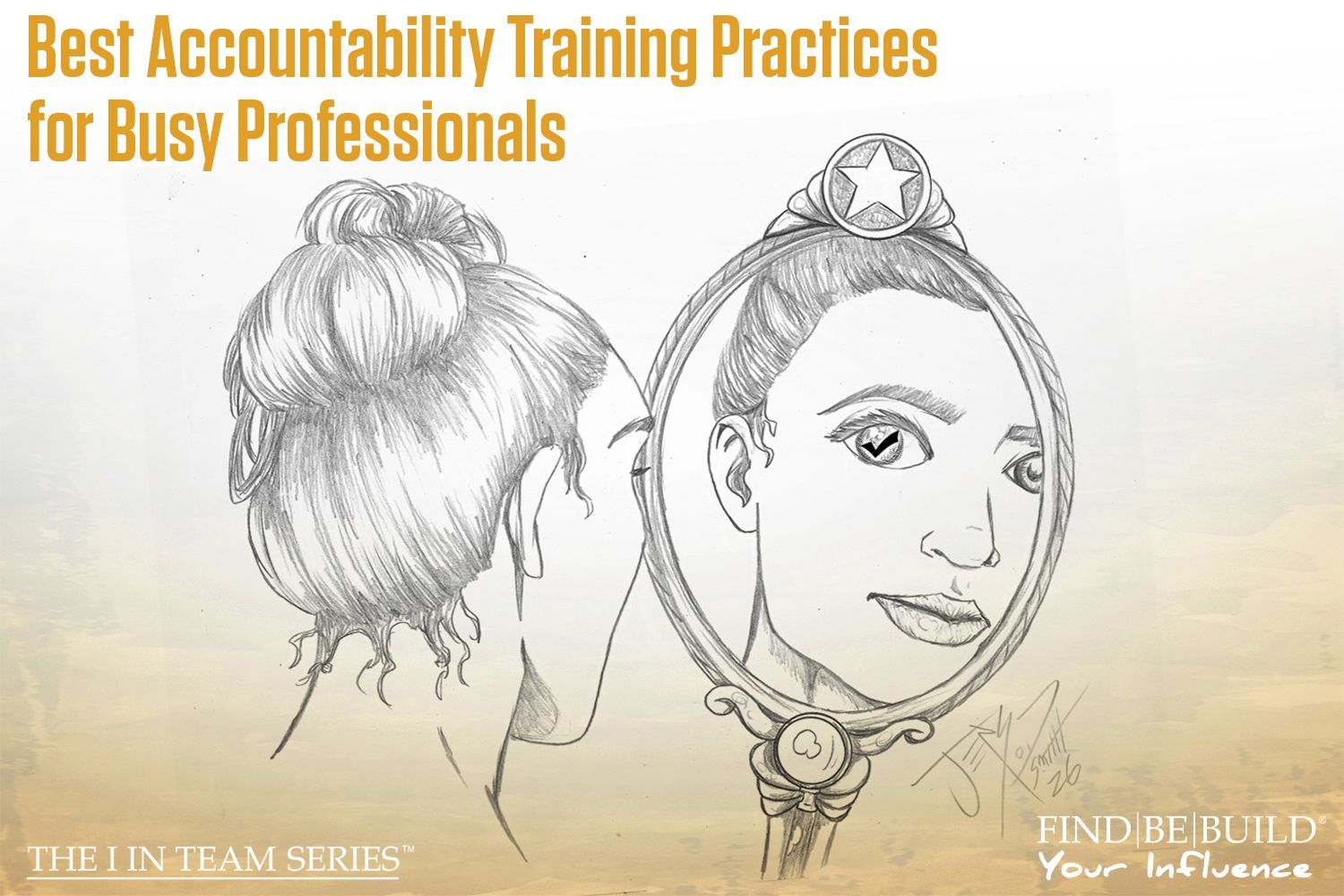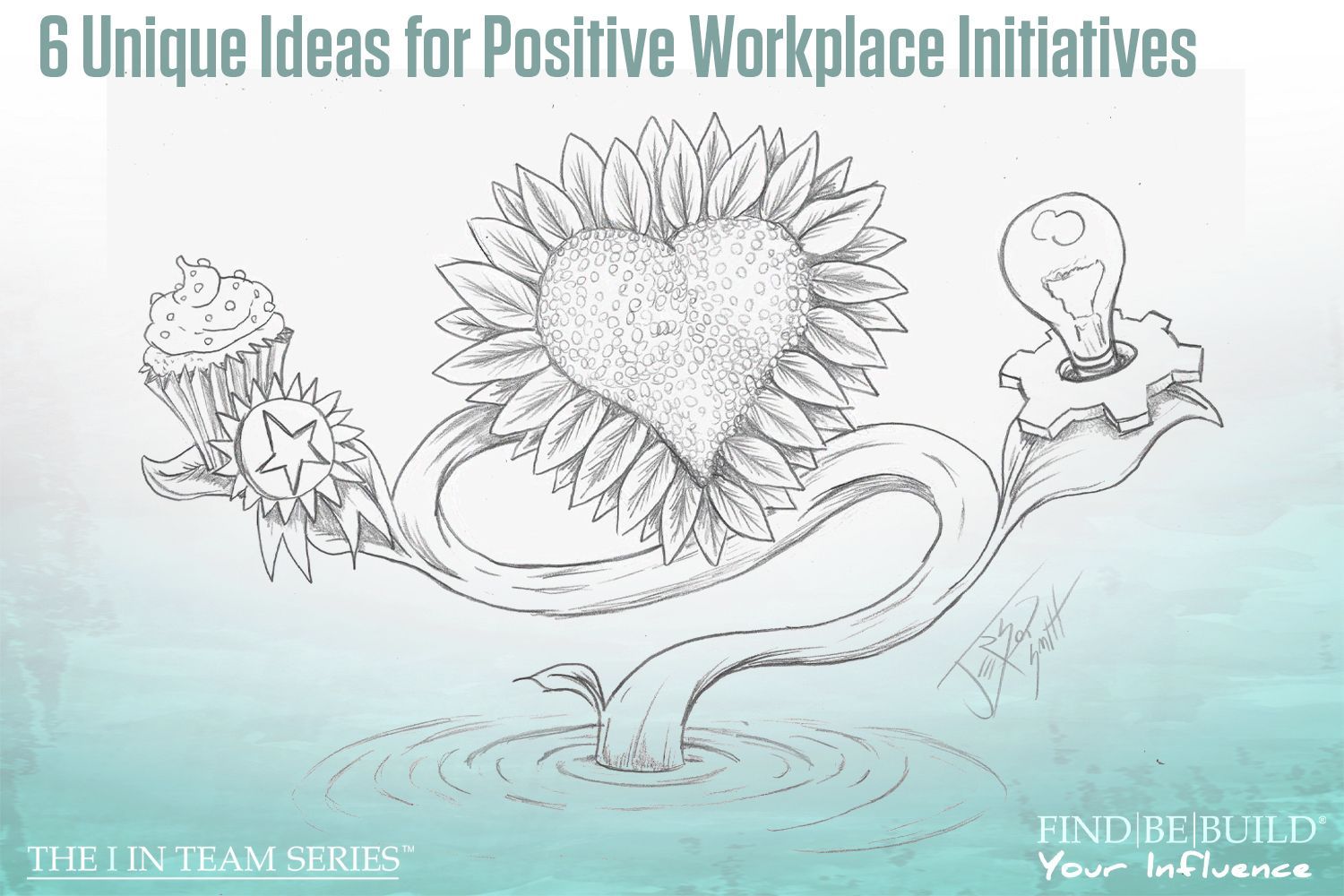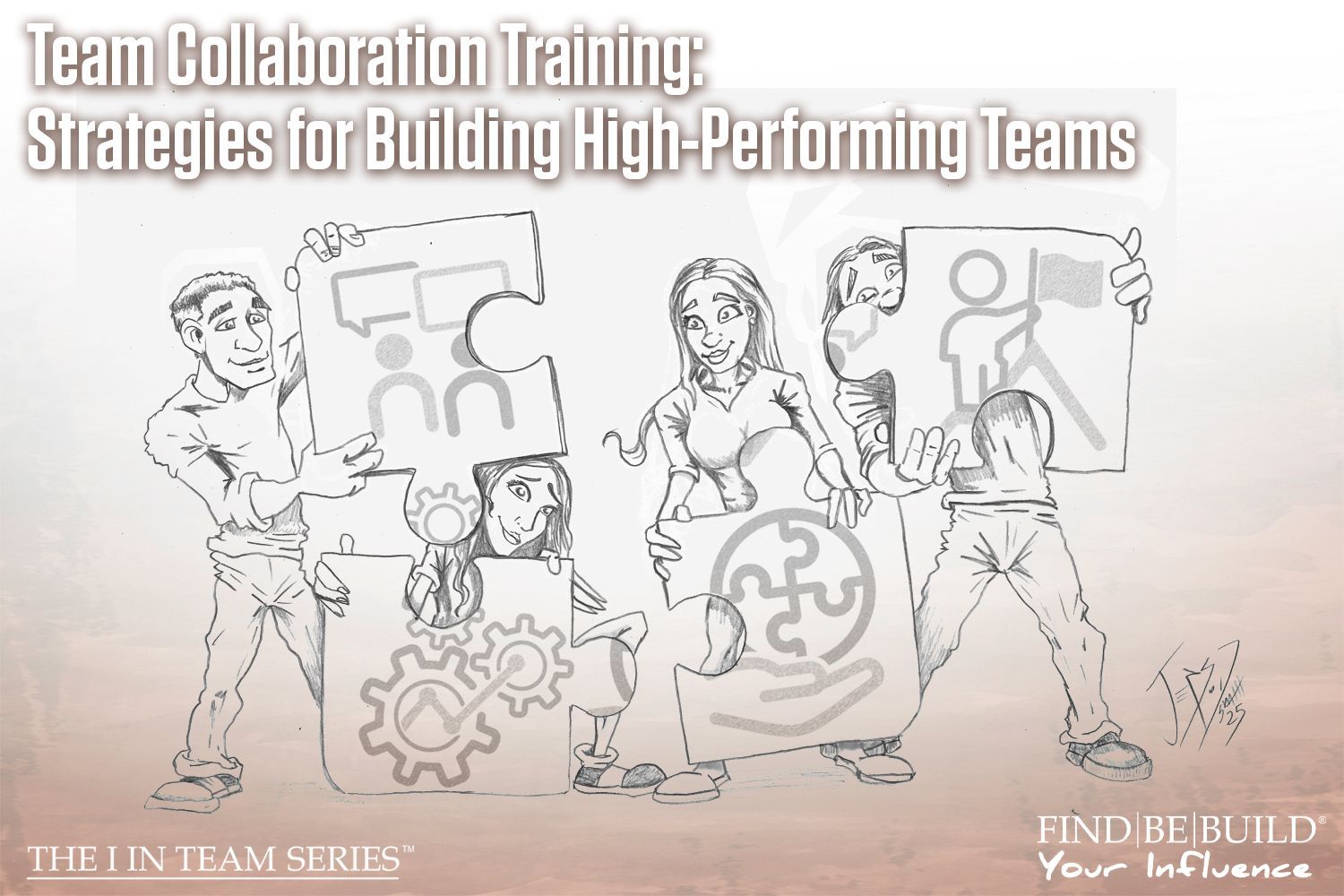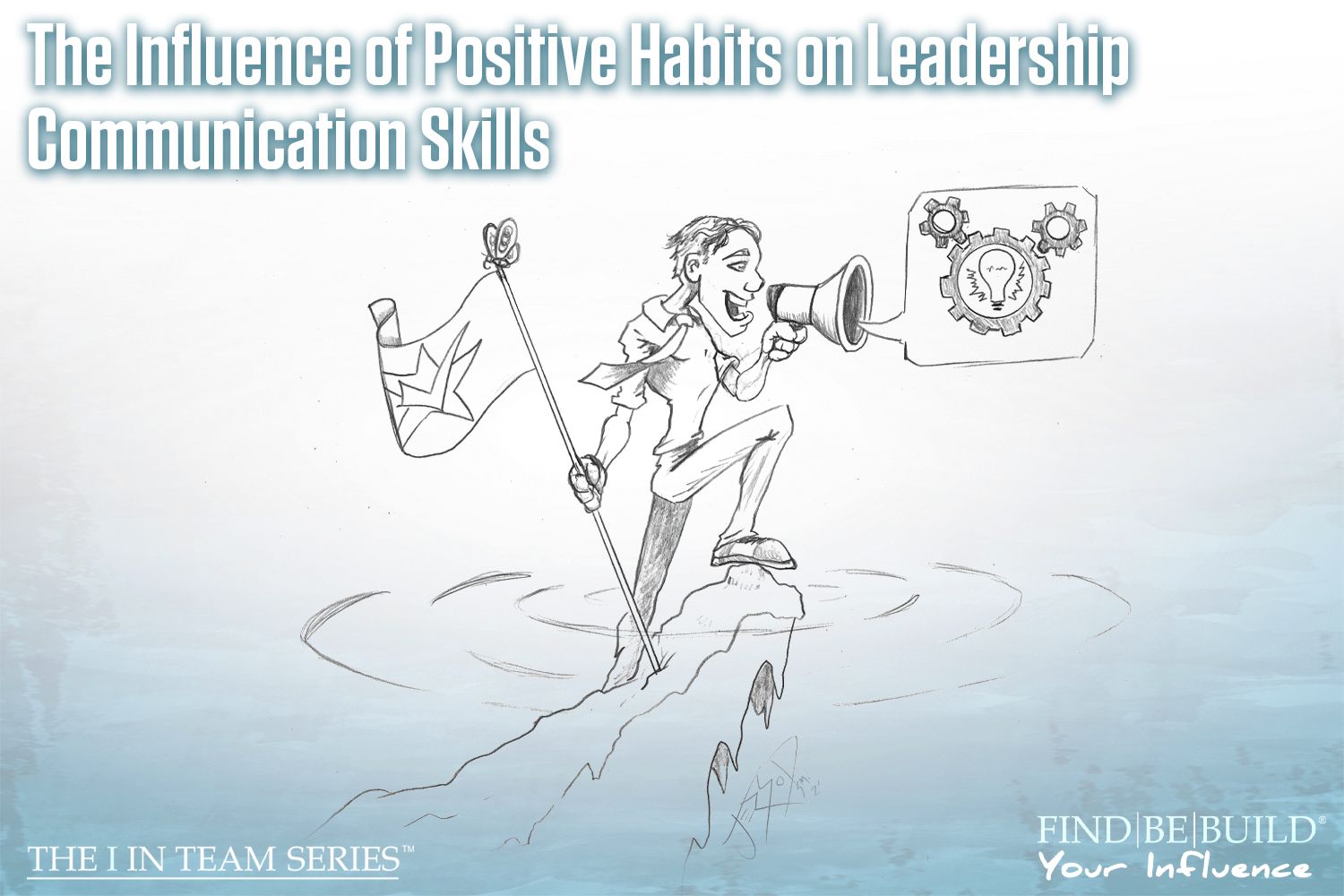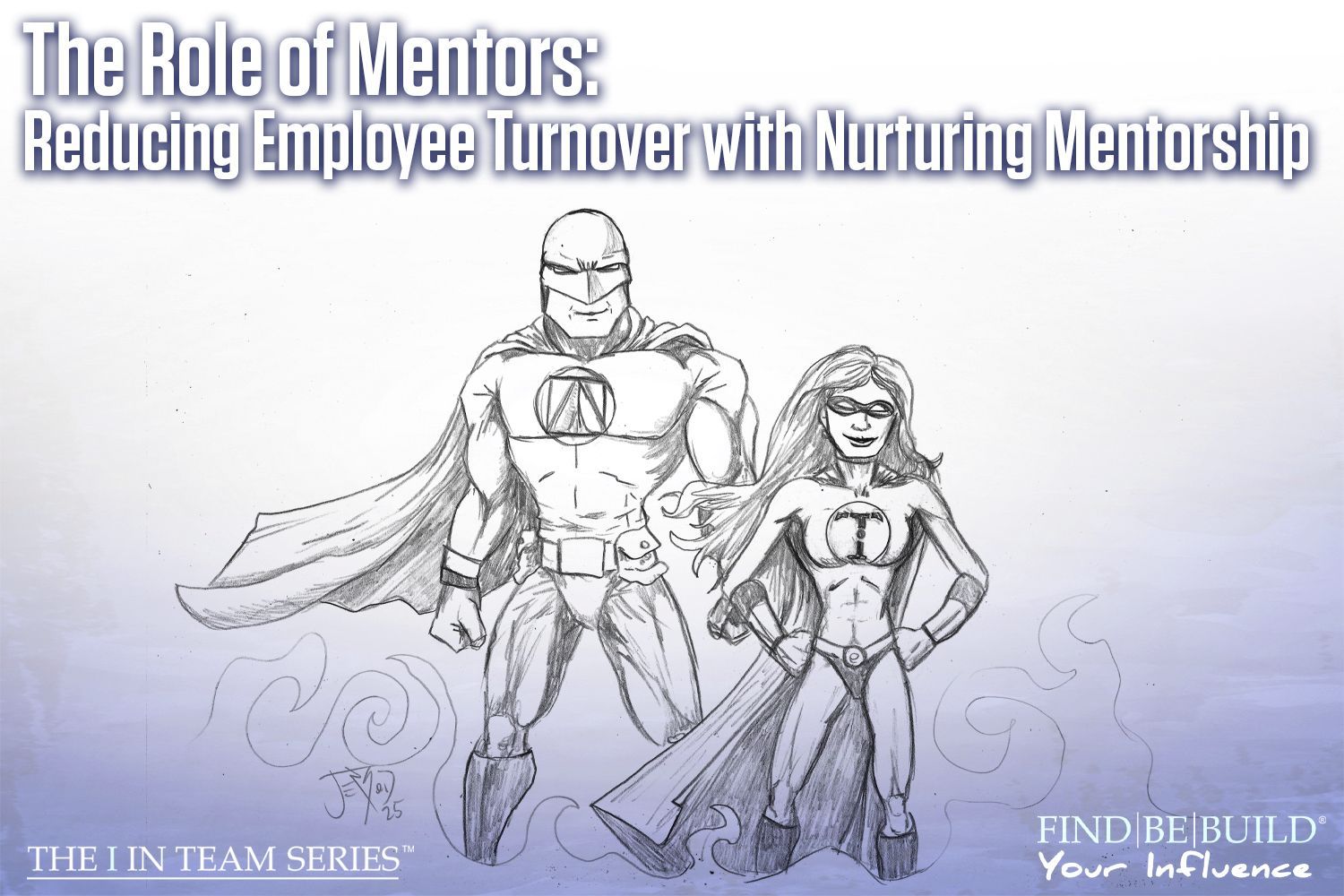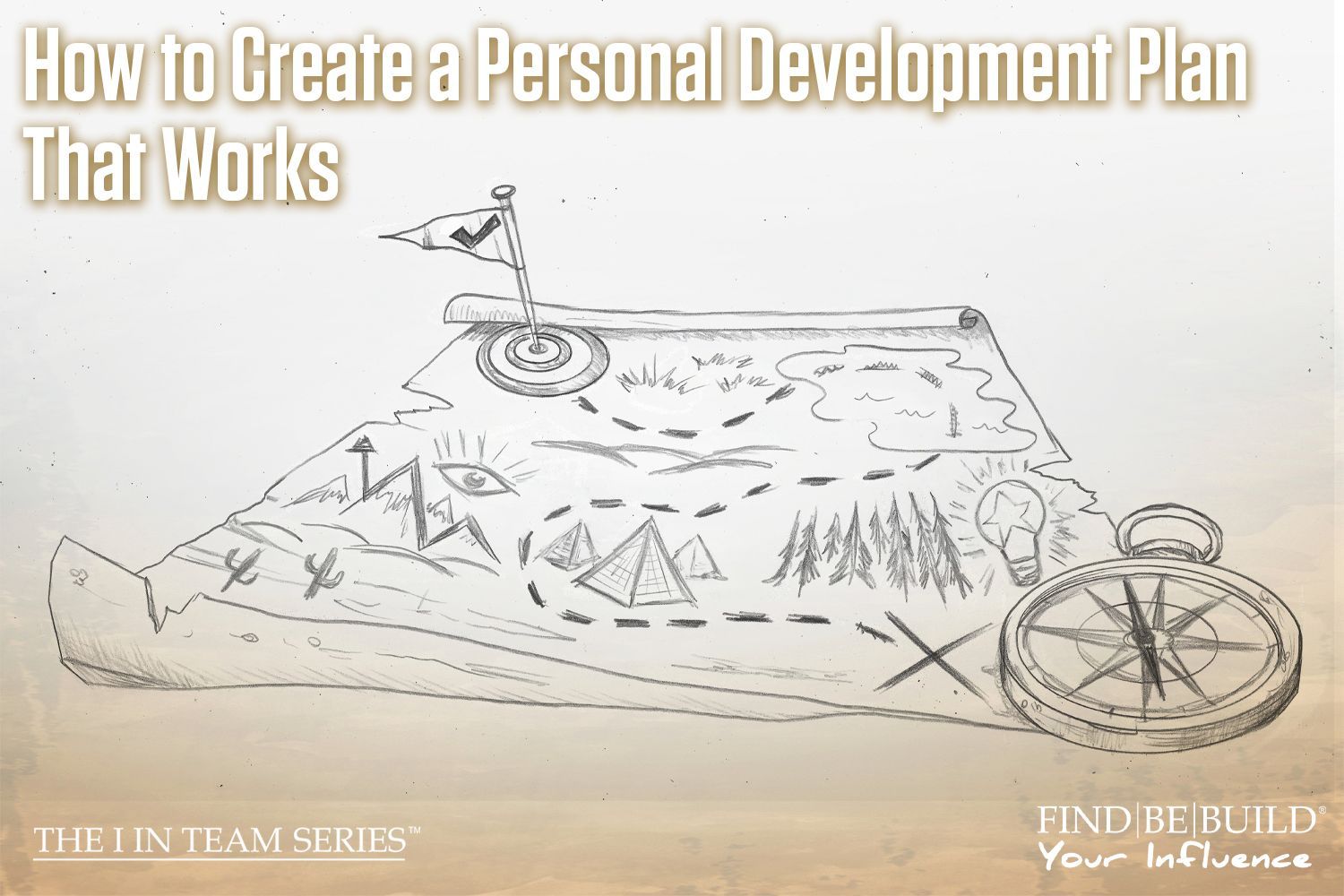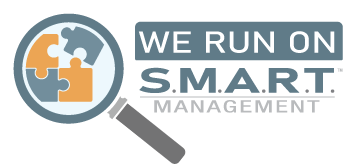Tips to Improve Your Memory
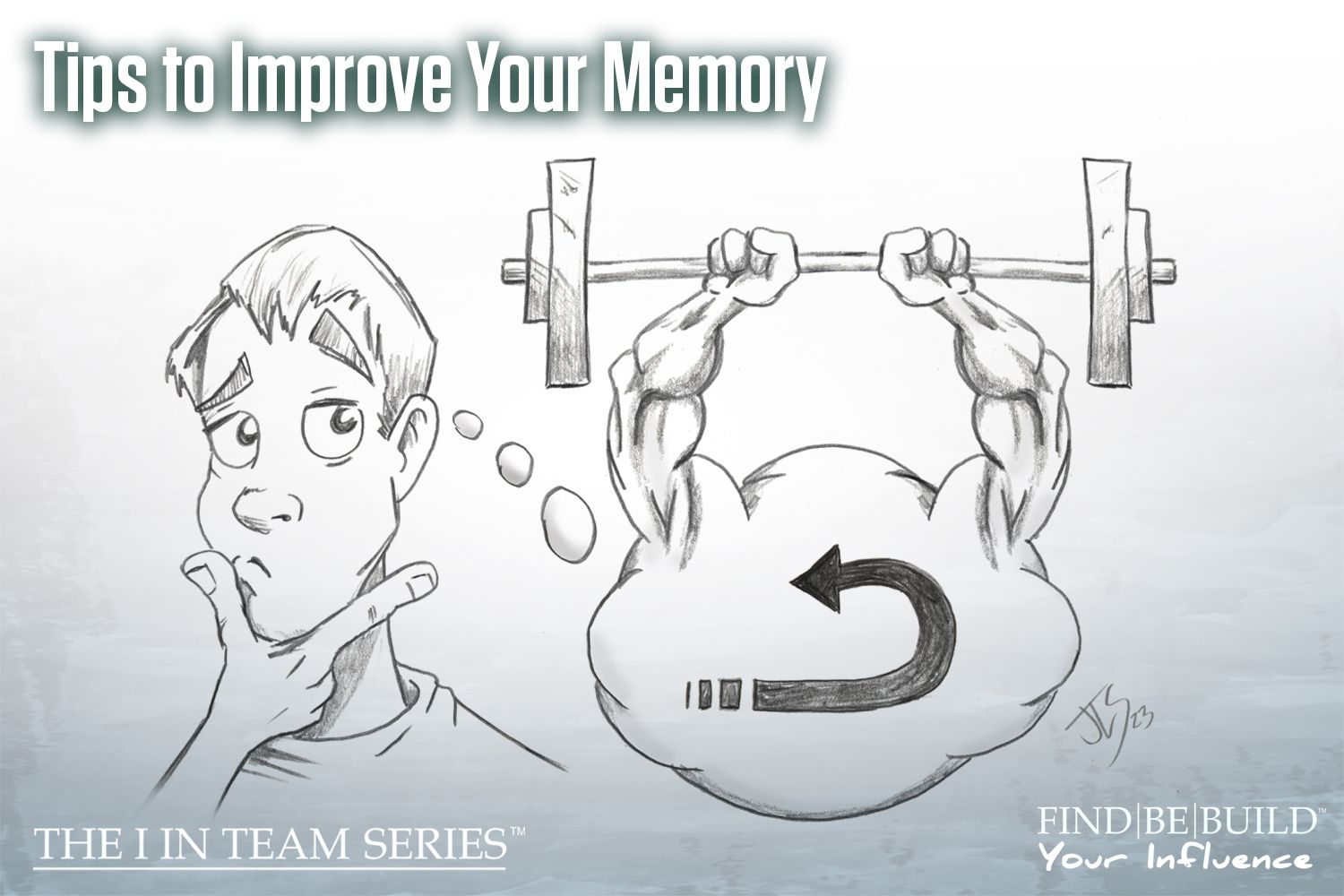
Memory improvement strategies for business consulting
Tips to Improve Your Memory
Hi team! It’s your friend, Mary, with the “I” in Team series where you can find, be, and build your positive influence. Memory isn’t always guaranteed and it’s something we need to be mindful of. Exercising your brain is just as important as exercising your body, and working to improve your memory is an excellent place to start. Here are some of our top tips to improve your memory.
1) Be mindful of your healthy habits
Being healthy is the number one way to improve and maintain your memory, which is why this tip comes first and is longer than the others. Since being healthy encompasses several aspects of living, evaluating your current habits and setting goals in areas where you may need to improve are excellent ways to boost your brain. Taking care of your health means several things. First, make sure you are getting enough sleep every night. Everyone is a little different, but you should aim for a minimum of 6 hours per night. Sleeping allows your brain to move information into long-term memory and clears away the “tangles” of the day, keeping your mind fresh.
Drink lots of water. There is conflicting research on the minimum amount of water you need every day to avoid dehydration, but my personal rule is one ounce of water per pound I weigh. That may be too much for others, and a more common consensus is about 64 ounces of water per day. Play with it and decide what is best for you or consult your doctor if you have questions. Water helps your blood create more red blood cells, which gives you more energy, which can help with memory. Exercise (and the energy needed for exercise) helps your blood flow throughout your whole body, including the brain.
Be sure to eat well and fuel your body with healthy foods! My two biggest tips for eating healthy are: 1) drink enough water, and 2) eat your vitamins. In case you don’t know, the vitamins that our brain and body need can be found in various food sources, but if you know you aren’t getting enough of a particular vitamin, you can always add a supplement to your diet. Basically, eat lots of fruits and vegetables and eat food diversity. Avoid excessive alcohol and caffeine intake as these substances can inhibit memory retention. Moderation is key. Consider replacing alcohol with sparkling water, and coffee with tea or a coffee-alternative like Dandy Blend (which tastes just like coffee without all the downsides).
2) Use senses, emotions, patterns, and images
Otherwise known as mnemonics, you can use your senses, emotions, and recognized or created patterns or images to improve your memory. Some tips for using your senses are to chew gum, candy, or something small while you are studying or doing something you want to remember. When you get that flavor back into your mouth, your brain will link the flavor to what you want to remember, and it will come back to you much easier. Similarly, you can do the same with scents. For my engagement and wedding, I picked out a special perfume that I only used for those occasions. Now when I smell that perfume, I feel all the beautiful emotions from those days. I do the same for trips! Anyone can do this, not just women. For me, I like getting travel sized perfumes so I can have lots of different scents for different occasions.
You can also use your emotions or feelings to create memories. This isn’t the best route for everyone, but if this method doesn’t work for you, you can use images or patterns instead. The application of using emotions or images is very similar, where you experience something and either save the emotion or the image. When you purposely feel that emotion or look at that image again (even if it’s just in your mind), the memories you attached to it will come back. You can also use rhyming or music to remember something. Have you ever heard a song and it brought you back somewhere, even if it wasn’t a particularly eventful memory? It happens to me a lot.
3) Stay organized
Some people will find this difficult, but being organized is all about habit creation and the will to want to be organized. If your home, office, or notes are cluttered without any system, you may have difficulty remembering tasks or other things. Please understand that if your notes only make sense to you, even if they don’t make sense to anyone else, that is completely okay! They are meant to be a tool for your memory to thrive. You just need your own system that works for you. Keeping your space clean of clutter and unimportant items will help your brain feel that it has more space, too. Being organized can also help to reduce frustration; have specific areas in your home and office for where you put your keys, wallet, shoes, phone, and anything else you need that you may lose if you set it down somewhere randomly.
Bottom Line
If you want to improve your memory, it isn’t always easy, but it’s certainly not impossible. Since everyone is different, different tricks will work for you! But one thing we all have in common is having a body and a brain that needs to be taken care of with good sleep, healthy food, and plenty of water. Take care of yourself so you can live a healthy life with good memories. Try different mnemonics, whether using your senses, emotions, or images to help you remember details. Be sure to keep your environment organized; as within, so without.
